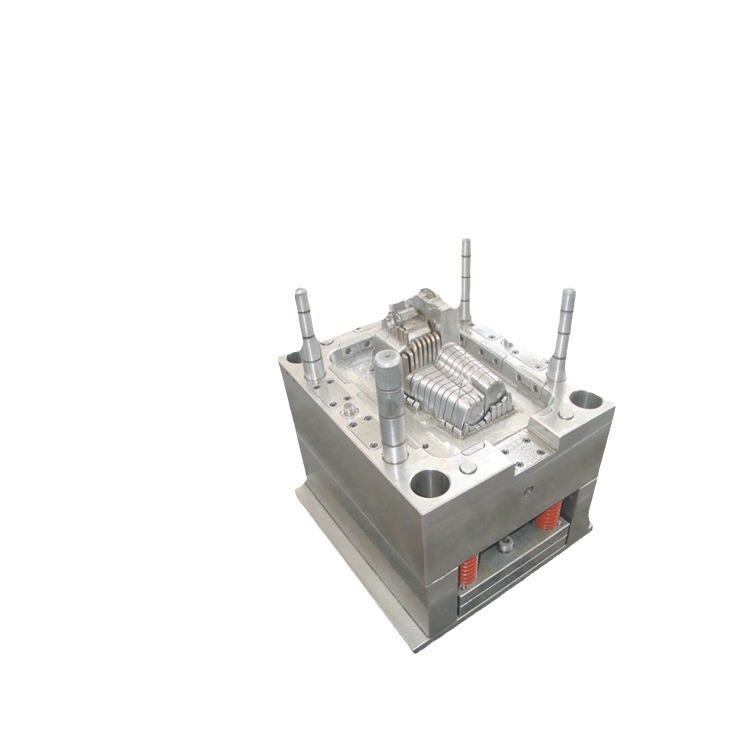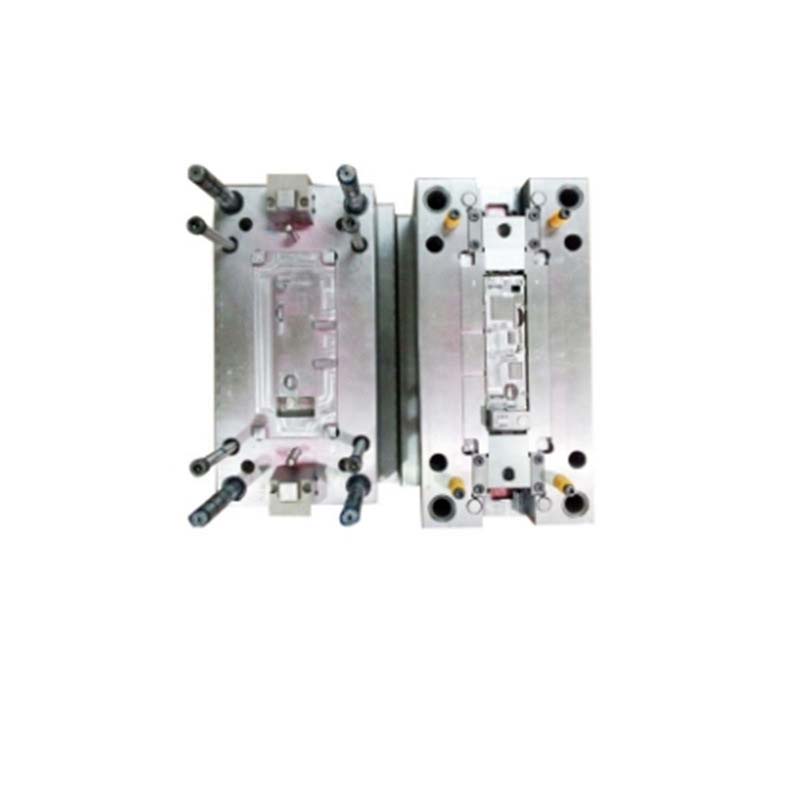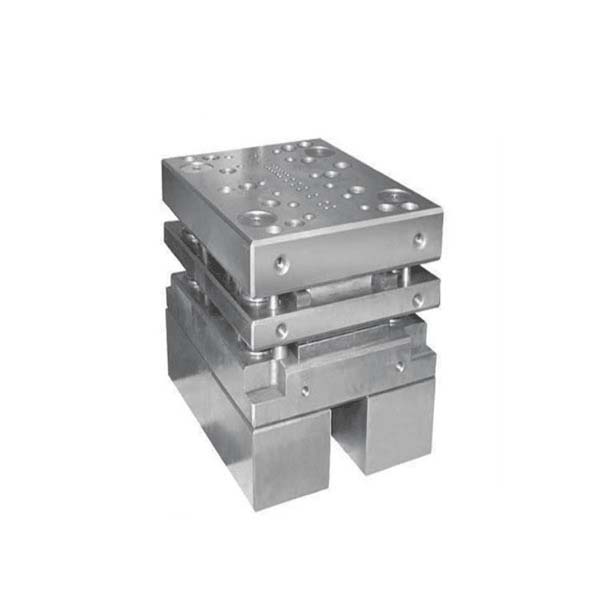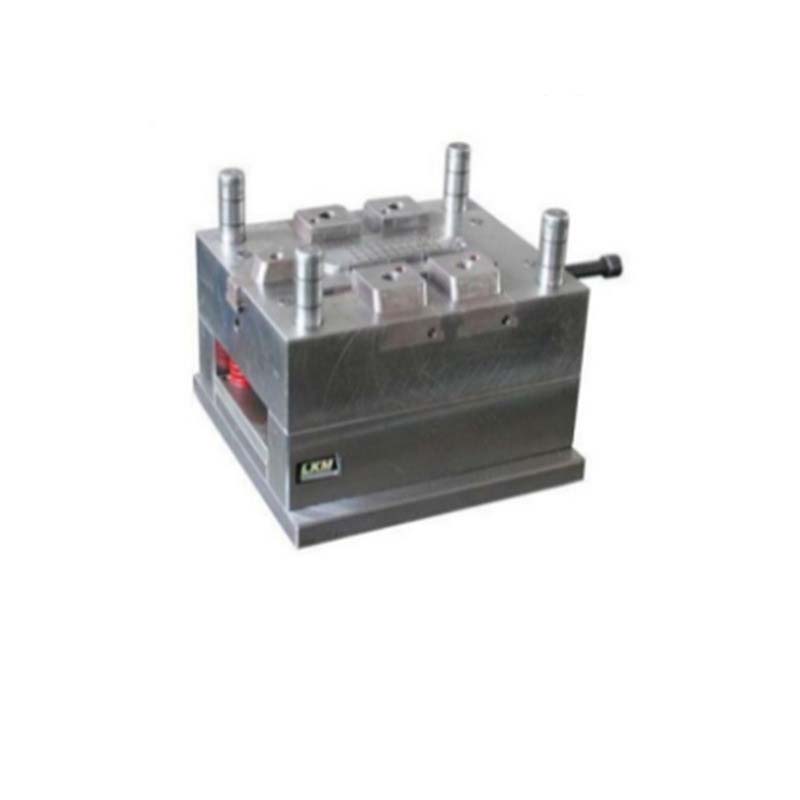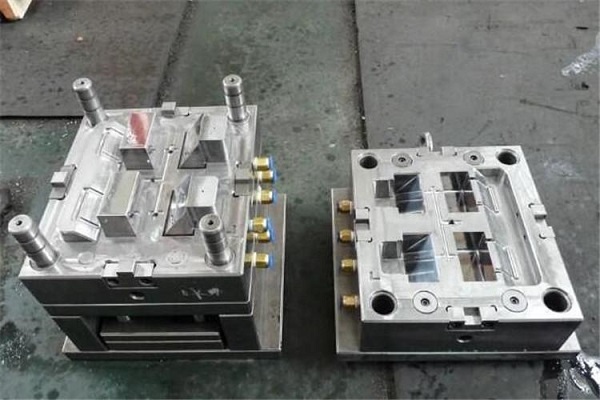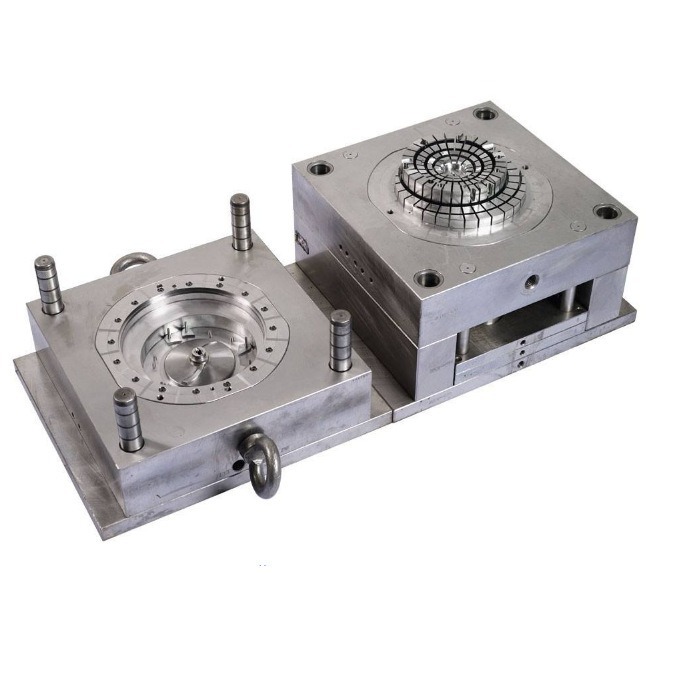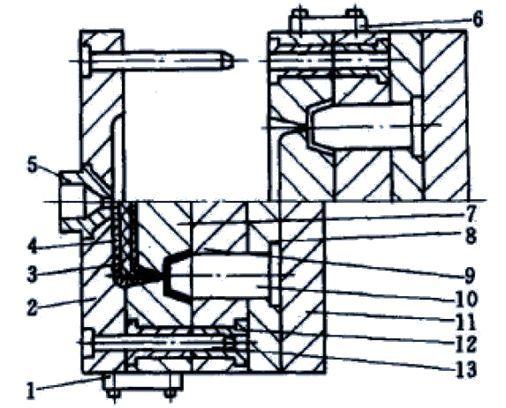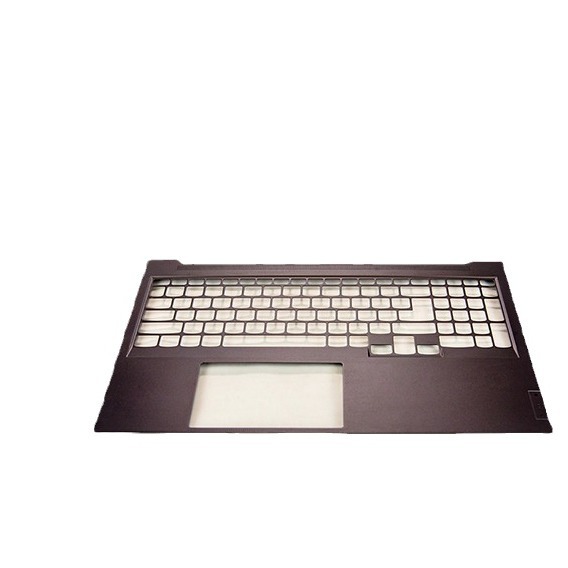Prototype and low-volume mold makers often face a frustrating dilemma: choosing between the speed of aluminum and the strength of steel. Standard aluminum alloys like 6061 struggle with high-pressure molding, developing cracks or warping after just a few thousand cycles. Meanwhile, steel molds are too slow and costly for iterative prototyping or short production runs. This is where 7075-T6 aluminum alloy changes the game. As one of the strongest aluminum alloys available, 7075-T6 combines the lightweight benefits and fast machining of aluminum with strength approaching that of some steels. In this guide, we’ll explore how 7075-T6 solves the critical pain points of high-pressure, low-volume molding, its unique properties, and how to maximize its performance in your applications.
Introduction to 7075-T6 Aluminum Alloy
7075-T6 is a high-strength aluminum alloy, strengthened through heat treatment to deliver exceptional performance in demanding applications:
- Definition: 7075-T6 is a zinc-magnesium-copper alloy aluminum, part of the 7000 series known for high strength. The “T6” denotes its temper—solution heat-treated and artificially aged to achieve maximum strength and hardness.
- Standard specifications: 7075-T6 adheres to ASTM B209 (sheet/plate) and ASTM B211 (bar/stock) standards. Key requirements include a chemical composition of 5.1-6.1% zinc, 2.1-2.9% magnesium, 1.2-2.0% copper, and 0.3-0.9% iron, ensuring consistent mechanical properties.
- Supplier brands: Leading producers include Alcoa (USA), Rio Tinto (Australia), and Chinese manufacturers like Chalco. These suppliers offer 7075-T6 in pre-cut blocks and plates tailored for mold making, reducing material waste and machining time.
- Industry usage: 7075-T6 is used in 40-50% of high-pressure prototype molds and 25-30% of low-volume production molds (10,000-50,000 cycles). Its popularity spans aerospace prototyping, automotive tooling, and high-precision consumer electronics molds.
- Comparison with other aluminum alloys: Compared to 6061-T6, 7075-T6 offers 2-3x higher tensile strength (503 MPa vs. 310 MPa) and better fatigue resistance, making it suitable for higher-pressure applications. It’s less corrosion-resistant than 5083 but provides far greater strength, striking a balance for demanding molds.
Properties of 7075-T6 Aluminum Alloy
The properties of 7075-T6 make it the strongest commonly used aluminum alloy for mold making:
- High strength: With a tensile strength of 503 MPa and yield strength of 434 MPa, 7075-T6 rivals some low-carbon steels. This allows it to withstand injection molding pressures up to 15,000 psi—far higher than 6061’s 10,000 psi limit.
- High hardness (T6 temper): 7075-T6 achieves a Brinell hardness of 150-160 HB, significantly higher than 6061-T6 (95-105 HB). This hardness enhances wear resistance, extending mold life in repeated use.
- Good corrosion resistance: While not as corrosion-resistant as 5000-series alloys, 7075-T6 resists corrosion from water-based coolants and mild chemicals. It benefits from chromate conversion coatings or anodizing to boost resistance in humid environments.
- Excellent fatigue resistance: 7075-T6 withstands repeated stress cycles without failure, making it ideal for molds subjected to frequent opening and closing. In fatigue tests, it endures 100,000+ cycles at 50% of its yield strength—20-30% better than 6061.
- Thermal conductivity: At 130 W/m·K, 7075-T6 conducts heat 3x faster than steel, reducing cooling times and cutting injection molding cycle times by 10-15% compared to steel molds.
- Machinability: 7075-T6 machines well but requires sharper tools than 6061 due to its higher strength. Cutting speeds of 200-300 SFM with carbide tools are recommended, balancing efficiency and tool life.
- Thermal expansion: 7075-T6 expands at 23.6 × 10⁻⁶/°C, similar to other aluminum alloys. This is manageable with proper mold design, such as incorporating expansion gaps in cooling channels.
Applications of 7075-T6 in Mold Making
7075-T6 excels in applications requiring high strength and precision for low-volume production:
- High-precision molds: For parts with tight tolerances (±0.0002 inches), such as aerospace components or microelectronics, 7075-T6’s dimensional stability ensures consistent part quality across production runs.
- Low-volume production molds: Runs of 10,000-50,000 parts (e.g., specialty automotive components, industrial tools) benefit from 7075-T6’s strength, which prevents deformation even in repeated use.
- Injection molding: 7075-T6 handles high-pressure injection molding of engineering plastics like nylon and PBT, which require higher clamping forces than standard plastics.
- Aerospace molds: Prototyping molds for aerospace parts (e.g., interior components, brackets) rely on 7075-T6’s strength-to-weight ratio, which mimics the performance of production materials while reducing prototype costs.
- Automotive molds: For prototype molds testing high-stress parts (e.g., engine covers, suspension components), 7075-T6 withstands the pressures of molding glass-filled polypropylene (10-15% filler).
- Consumer electronics molds: High-precision molds for smartphone frames and laptop hinges use 7075-T6 to maintain tight tolerances during low-volume production runs.
Machining and Fabrication of 7075-T6
Machining and fabrication of 7075-T6 require attention to its high strength, but remain faster than steel machining:
- Precision machining: 7075-T6 cuts best with carbide tools due to its hardness. Use positive rake angles and sharp edges to minimize cutting forces, which are 30-40% higher than for 6061. Coolant is critical to prevent heat-induced work hardening.
- CNC milling: 3-axis and 5-axis CNC milling are ideal, with feeds of 50-100 ipm and speeds of 200-300 SFM. Adaptive milling strategies reduce tool wear by adjusting feed rates in complex geometries.
- EDM (Electrical Discharge Machining): EDM works well for intricate details, though 7075-T6’s high conductivity requires lower current settings to prevent electrode wear. The process produces clean, burr-free edges suitable for high-precision molds.
- Grinding: Silicon carbide wheels are recommended for grinding 7075-T6, with light pressure to avoid clogging. A 400-grit wheel achieves Ra 0.05 μm, sufficient for most cosmetic requirements.
- Surface finishing: Anodizing (Type III, hard anodizing) adds a 50-100 μm layer with hardness up to 50 HRC, improving wear resistance by 2-3x. This is recommended for molds running >20,000 cycles.
- Machining challenges: 7075-T6 is prone to built-up edge (BUE) if tools are dull, which mars surface finish. Use chip breakers and high-pressure coolant to evacuate chips, and replace tools at 50% wear to maintain precision.
Heat Treatment of 7075-T6
The heat treatment of 7075-T6 is critical to its strength, and understanding the process helps maintain its properties:
- Solution heat treatment: 7075 is heated to 820-840°F (438-449°C) for 2-3 hours to dissolve zinc, magnesium, and copper into the aluminum matrix. This uniform distribution ensures consistent hardening.
- Quenching: After solution treatment, 7075 is quenched in cold water (60-80°F/15-27°C) to trap alloying elements in supersaturated solid solution, preventing precipitate formation.
- Artificial aging (T6 temper): Aging at 250°F (121°C) for 24 hours forms fine, uniform precipitates, which strengthen the alloy to its T6 state. This step achieves the alloy’s maximum hardness and strength.
- Post-treatment inspection: After heat treatment, verify hardness (150-160 HB) and tensile strength (≥503 MPa) to ensure compliance with ASTM standards. Ultrasonic testing detects internal defects from improper quenching.
- Tempering: 7075-T6 is not typically tempered, as this would reduce its strength. Avoid exposure to temperatures >250°F (121°C) during use, as this can over-age the alloy and soften it.
Yigu Technology’s Perspective
As a leading custom manufacturing supplier in China, Yigu Technology recommends 7075-T6 for clients needing strong, fast-turnaround molds. It’s our go-to for high-pressure prototype molds, where its strength prevents deformation during testing. We’ve seen 7075-T6 reduce prototype lead times by 40% compared to steel while handling 15,000 psi injection pressures—critical for validating engineering plastics. Our team uses carbide tools and high-pressure coolant to achieve tight tolerances (±0.0002 inches) in 7075-T6, and we often recommend hard anodizing for clients needing extended mold life. For low-volume production (10,000-50,000 cycles), it’s a cost-effective alternative to steel.
FAQs
- How does 7075-T6 compare to steel in terms of mold life?
7075-T6 molds last 10,000-50,000 cycles for non-abrasive plastics, shorter than steel’s 1 million+ cycles but far longer than 6061’s 10,000-30,000 cycles. For low-volume runs, this lifespan is sufficient and more cost-effective.
- Can 7075-T6 molds handle abrasive plastics like glass-filled nylon?
7075-T6 with hard anodizing (Type III) can handle 10-15% glass-filled plastics for 10,000-20,000 cycles. Higher filler content (>20%) will cause excessive wear, requiring steel molds instead.
- Is 7075-T6 suitable for food-grade or medical mold applications?
7075-T6 is not recommended for direct food or medical contact, as its copper content may leach. Use 5083 or stainless steel for these applications, where corrosion resistance and biocompatibility are critical.
